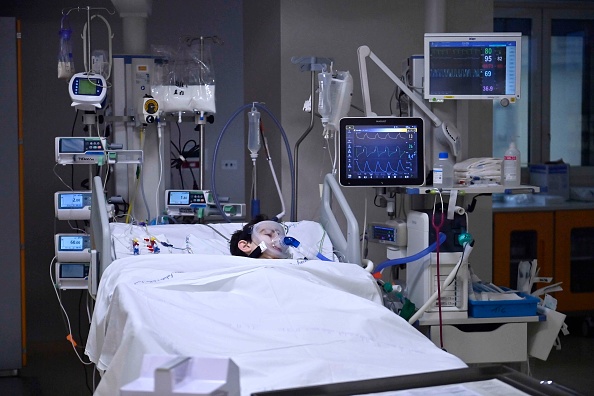A COVID-19 diagnosis within a family could trigger psychological sequelae among members who did not battle the virus. Research has found that family members tend to develop post-traumatic stress disorder (PTSD) symptoms months after a patient’s admission to the intensive care unit.
A study published in the journal JAMA Internal Medicine Monday examined the stress-related disorders families of COVID-19 patients developed because their loved ones got admitted to the ICU during their bout with the novel coronavirus.
A Change In Circumstance
When a family member gets hospitalized due to COVID-19, there is a sudden change in circumstance within the family. The members dealing with this change tend to feel a loss of control until they experience symptoms of anxiety, depression and PTSD.
In the study, the team of researchers examined the prevalence of stress-related disorders, especially PTSD, in the family members of COVID-19 patients admitted to the ICU within 90 days after admission.
More than 300 participants were surveyed at the 3-month time point. Most of them were the patients’ spouse or child. Of 316, 201 (64%) reported experiencing significant symptoms of PTSD at three months.
After analyzing their collected data, the researchers noted that most of the respondents who were female and had Hispanic ethnicity had higher PTSD symptoms. Stress levels were higher in those who expressed distrust of health care practitioners.
Involving The Families
Dr. Timothy Amass, an assistant professor of medicine at the University of Colorado School of Medicine, told CNN that the findings suggest the need for the health care community to improve the experience and empower the families of admitted COVID-19 patients.
“What the literature really suggests was the more you can get someone involved at the bedside, the more empowered they feel to express their needs and the needs of their loved one,” the study’s first author said.
Aside from the survey, Amass and his team also conducted interviews to get more information on what helped families deal with their situation. Some respondents shared hospital staff helped them feel connected with their loved ones when they couldn’t be with them personally.
Other participants felt powerless and afraid since their communication with their loved ones were limited. One even complained about being informed of pulling the plug via the phone not long after receiving an update that their loved one could go home.
More research is needed to help health care providers devise strategies that could engage families during their loved ones’ battle with the virus in the ICU. But as far as the findings are concerned, more robust services are needed.
















